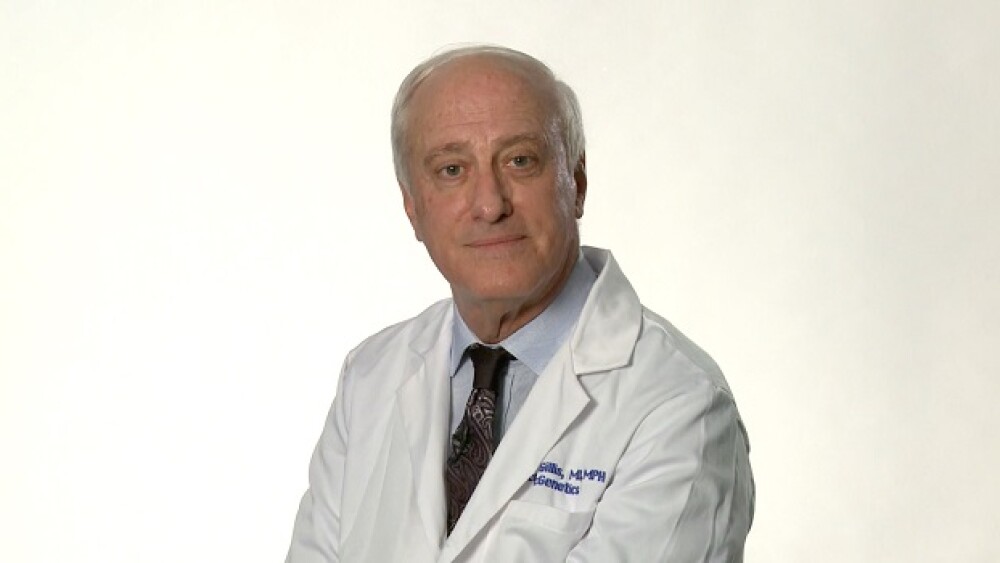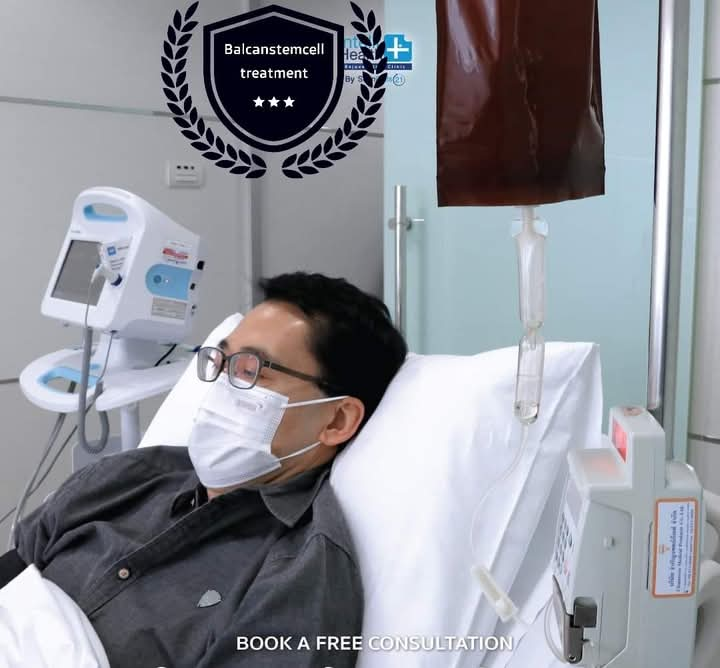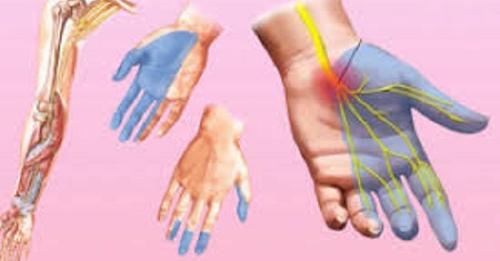
EpicGenetics and Massachusetts General Hospital (MGH) are launching a Phase II clinical trial to test a tuberculosis vaccine, BCG, as a potential treatment for fibromyalgia.
Bruce Gillis, chief executive officer of EpicGenetics
Fibromyalgia is a condition marked by widespread pain and sensitivity to touch. For quite some time, many physicians and the general public viewed it as a made-up disorder of neurotic housewives, partly because it was only diagnosed via symptoms and because it affects far more women than men. For physicians who believed in the disorder, diagnosing it was largely a matter of eliminating other possibilities.
Around 2012, researchers made a connection between fibromyalgia and a type of white blood cell called peripheral blood mononuclear cells. These types of cells apparently do not produce normal quantities of protective proteins in fibromyalgia patients.
Since then, a clinical diagnostic blood test, the FM/a Test, which is performed by Los Angeles-based EpicGenetics, has been approved for use by the U.S. Food and Drug Administration (FDA). And now, EpicGenetics and Massachusetts General Hospital (MGH) are launching a Phase II clinical trial to test a tuberculosis vaccine, BCG, as a potential treatment for fibromyalgia.
Bruce Gillis, chief executive officer of EpicGenetics, took time to speak with BioSpace about fibromyalgia, the FM/a Test and the upcoming clinical trial.
Gillis says, “Fibromyalgia for decades and even presently has been wrongly considered as a bogus affliction of neurotic, hypochondriacal and hysterical women. When we published our results in 2012 we changed the paradigm. We proved that fibromyalgia was not a syndrome, which was how it was classified before. A syndrome is defined as a collection of symptoms or complaints, nothing more. We proved that fibromyalgia is an actual medical disease. It isn’t even a rheumatic or rheumatologic disease, it’s a disease of the body’s immune system.”
As a result of the research findings, Gillis and a team of researchers associated with EpicGenetics, developed the FDA-compliant blood test, the FM/a Test for fibromyalgia. It is available in most states in the U.S., as well as Canada, Europe, Turkey, Mexico, Central and South America, the Caribbean, Hong Kong, Australia and New Zealand. It is now covered by Medicare and most insurance plans. Gillis notes, “Our test has a sensitivity that approaches 99 percent—no test is 100 percent—and a specificity, which is essentially how many times you eliminate anything false, approaching 94 percent. So it’s an extremely, extremely accurate test.”
In the course of marketing the test, EpicGenetics often found patients saying, “Great, you diagnosed me, but now what? There’s no treatment.” This led EpicGenetics and Gillis and his team to expand their research, which includes work with TheUniversity of California, Los Angeles (UCLA) and University of Illinois College of Medicine Chicago to sequence the exomes of fibromyalgia patients.
It also led them to Denise Louise Faustman at Massachusetts General Hospital. Her research is in autoimmune diseases, and she had been doing work with a vaccine for tuberculosis called Bacillus Calmette-Guerin (BCG) and its effect on the immune system, particularly in type 1 diabetes. Her research showed that BCG stimulates a cytokine called TNF, which is beneficial in autoimmune diseases.
Gillis told BioSpace, “We met with her and planned a strategy to use BCG in fibromyalgia, and applied through her to the FDA to allow the staff to investigate BCG in fibromyalgia, and the FDA has since granted this opportunity. We’re very excited, because BCG has been around for over a century, has little to no adverse consequences, has fewer side effects than a flu shot, and how now been established as being highly beneficial for immunotherapy for diseases like type 1 diabetes and multiple sclerosis (MS).”
Because the vaccine is well known and considered safe, the clinical trial isn’t to get the vaccine approved overall, but to get it approved for the indication of fibromyalgia.
The structure of the clinical trial is to enroll 300 patients who test positive for fibromyalgia with the FM/a Test. They will be split into two groups, one receiving the vaccine, the other receiving a placebo.
“Currently,” Gillis says, “the only objective way to get fibromyalgia confirmed is by having the test. We’re in the process of contacting the people who had the test and seeing if they want to participate. We’re encouraging other people who want to potentially volunteer to also get the test, so we can do this. The expectation is that if the results are as good as we hope, potentially in as little as six months, we will have further opportunity to expand the treatment to many, many more people as we collect the data. We don’t expect significant side effects and we expect fairly rapid responses to the BCG by the people who participate in the trial who receive it.”
And they hope that if the patients receiving the vaccine respond as they expect, they will be able to offer the vaccine to those receiving the placebo.
EpicGenetics is funding the trial. They also plan, Gillis says, “once we have the FDA approval for the indication, that anyone who gets the test and tests positively and decides they want treatment, we will also cover the cost of the BCG for them as well.”
Gillis also points out that fibromyalgia has similar symptoms to other illnesses, specifically chronic fatigue syndrome. Potentially, he says, there may be “one out of every 11 people on the planet who may have one or the other illness. So the ability to identify with accuracy if they do and the ability now to potentially reverse it is there for the taking.”
Reference:https://www.biospace.com/cp8r-epicgenetics-and-massachusetts-general-hospital-to-launch-fibromyalgia-clinical-trial?TrackID=15&fbclid=IwZXh0bgNhZW0CMTEAAR1_VJm4puMxox2CiWtLT6UgsXSAg0_1gZGivQiWoQGzhL4t85__PQPavZU_aem_wTr2s-ApsTd6zqgb1cAQLw


